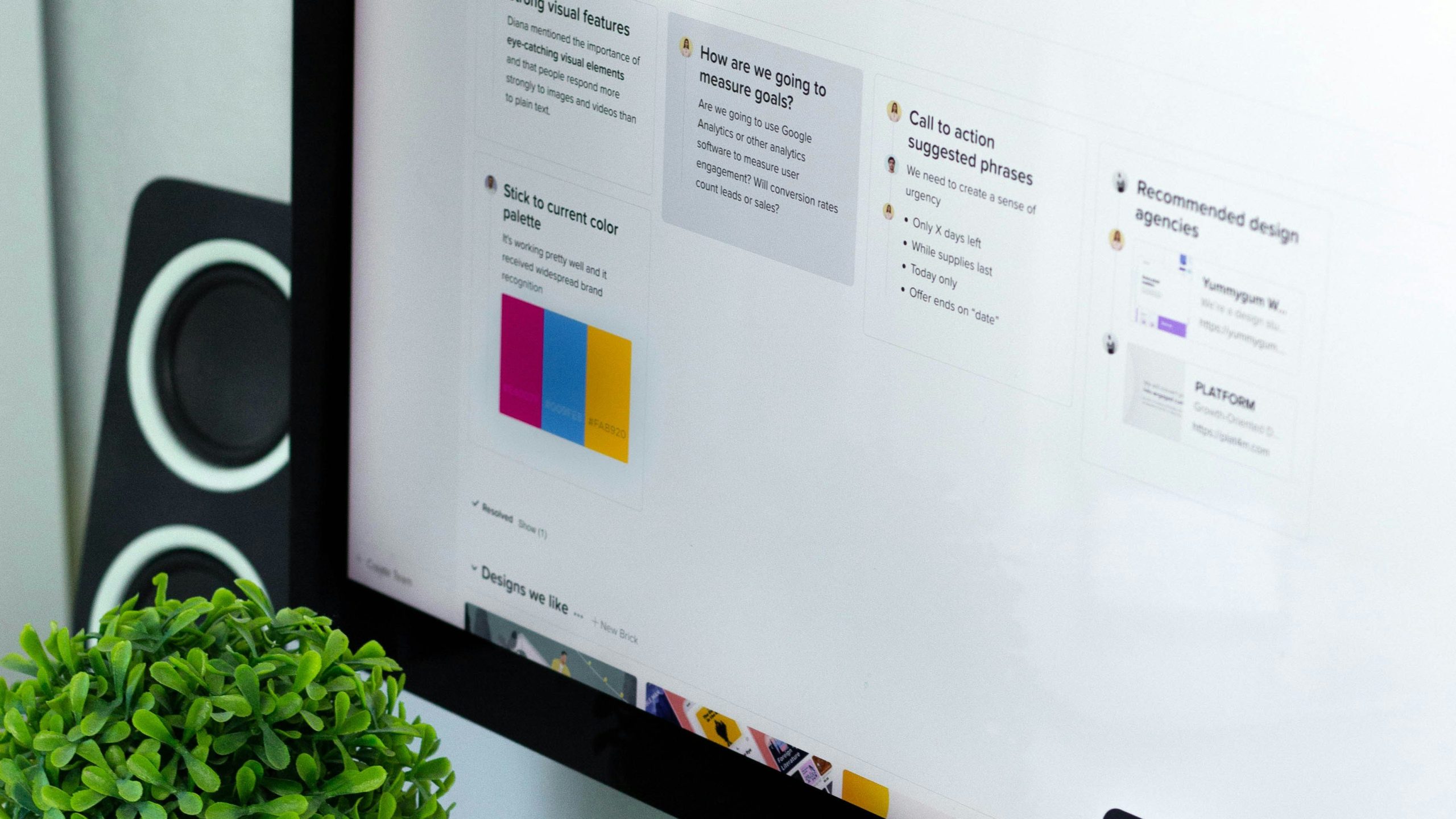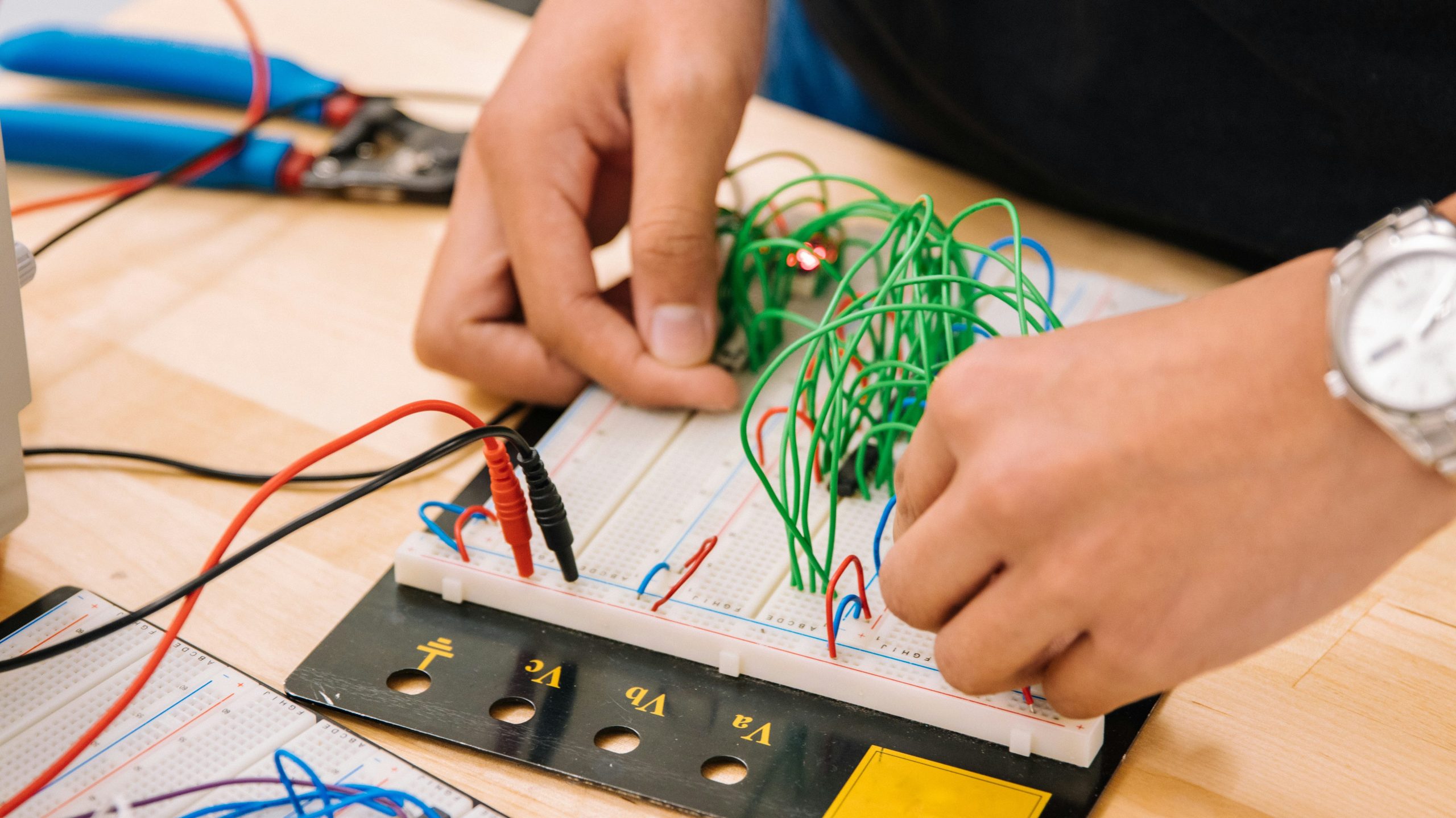
We are excited to announce that our esteemed partner, the University of Cumbria, has been awarded the Times Higher Education Widening Participation or Outreach Initiative of the Year 2024. This prestigious award recognises the university’s exceptional efforts to make higher education more accessible to a diverse group of students, mainly through its innovative paramedic science degree apprenticeship programme.
A Partnership Built on Excellence
Since 2010, Robert Kennedy College (RKC) has formed a valuable partnership with the University of Cumbria to offer an extensive array of high-quality online graduate and postgraduate programmes. This collaboration opens the door for students from every corner of the globe to pursue a world-class education. By blending the convenience and flexibility of online learning with the academic excellence and rigour associated with a prestigious British university, this partnership provides an enriching educational experience that caters to the diverse needs of learners everywhere.
The Award-Winning Initiative

The paramedic science degree apprenticeship programme at the University of Cumbria is notable for its commitment to widening participation. This initiative allows ambulance staff, including Emergency Medical Technicians, to enhance their skills and become fully qualified paramedics within two years. The programme has seen impressive results, with 79% of apprentices achieving a first or upper-second-class (2:1) degree and 96% securing paramedic roles upon graduation.
Impact and Recognition

The judges lauded the programme’s well-defined success metrics, which effectively measured outcomes and progress. They highlighted its dedicated focus on supporting mature students and individuals with specific learning difficulties, ensuring that diverse learning needs are met. Additionally, the programme’s scalability demonstrates its potential to expand and adapt, benefiting more participants. Beyond the inspiring individual success stories, this initiative is crucial in bolstering the UK’s NHS workforce, addressing staffing needs and enhancing overall healthcare delivery.
Looking Ahead
At Robert Kennedy College, we take great pride in our partnership with the University of Cumbria, which has significantly enriched our educational offerings. This prestigious award highlights the unwavering commitment and collaborative efforts to provide high-quality, inclusive, and accessible education to a diverse range of students.
Robert Kennedy College provides two specialised MBA programmes aimed at equipping professionals with the necessary skills to excel in the healthcare sector.
MBA in International Healthcare Management
The MBA in International Healthcare Management is specifically designed for healthcare managers seeking to enhance their competencies in the analysis, direction, and development of administrative activities. This programme addresses the increasing demand for healthcare services within the context of financial constraints, equipping participants with essential tools and techniques for effective leadership and management in a global environment. The curriculum is entirely delivered online, facilitating flexible learning opportunities, and is recognised internationally through the University of Cumbria.
MBA in Public Health Management
The Master of Business Administration in Public Health Management is designed to cultivate effective public health policies and enhance the public health environment. This programme equips managers with essential tools for analysing, directing, and developing initiatives aimed at improving public health outcomes. Like the International Healthcare Management MBA, this programme is offered entirely online, thereby providing flexibility and ensuring global recognition from the University of Cumbria.
Both programmes offer a thorough understanding of the theories, tools, and techniques related to leadership and management, equipping graduates to effectively lead organisational change. They are perfect for professionals who want to advance their careers without interfering with their current jobs or personal lives.
Our ongoing collaboration has allowed us to create innovative programmes and support systems that empower students from various backgrounds to pursue their academic and professional aspirations. We are excited about the future and are dedicated to expanding our efforts to help even more students reach their goals and succeed in their chosen fields.

If you want to do an online degree programme, explore several specialised master’s/bachelor’s/PhD degree programmes that Robert Kennedy College offers through exclusive partnerships with top British universities. You could also chat live with our team of Education Advisers on WhatsApp, who can have a look at your profile and give you some advice. If you have already made up your mind, click here to apply.















































